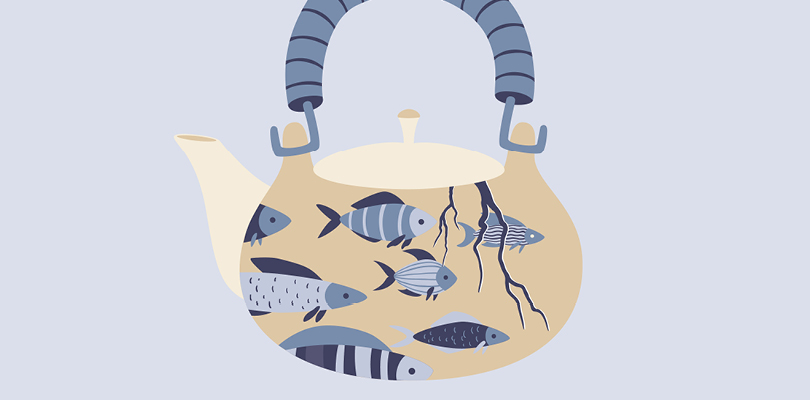A Broken Kettle of Fish

The “absurdity” of pleading mutually exclusive alternative facts has long been a target for those looking to poke fun at attorneys for being dishonest or unscrupulous, writes Jake Crabbs in his April Illinois Bar Journal article, “A Broken Kettle of Fish.” The title of Crabbs’ article alludes to an old joke about a man sued for breaking a borrowed kettle: First, the man argued that he “never borrowed the kettle; second, that it was cracked when he borrowed it; and third, that it was sound when he carried it back.” Crabbs states that a lack of personal knowledge is the touchstone of proper alternative fact pleading, and goes on to explain why alternative fact pleading is a useful, and sometimes necessary, legal tactic.
In his article, Crabbs discusses alternative pleading caselaw and what the Illinois Code of Civil Procedure has to say. For example, the Code explicitly requires “doubt” before one may plead facts in the alternative. In other words, when a party is in doubt about which of two or more statements of fact is true, he or she may, regardless of consistency, state them in the alternative or hypothetically in the same or different counts or defenses. As Crabbs suggests, a bad alternative does not affect a good one.
Read the full article “A Broken Kettle of Fish” in the April 2022 Illinois Bar Journal.

